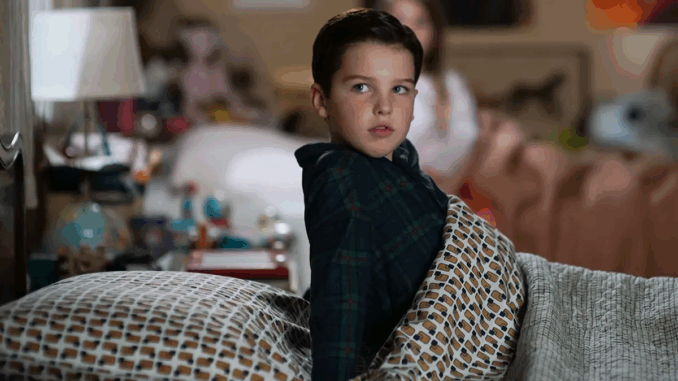
For seven seasons, Young Sheldon gave audiences a rare gift: the opportunity to witness how one of television’s most iconic characters became who he was. But the heart of the series was never just about Sheldon Cooper’s intellect — it was about his childhood, his family, and the Texas home that shaped him.
So when the moment finally arrived — when young Sheldon left for Caltech — the show had a monumental task: saying goodbye in a way that felt authentic, earned, and emotionally resonant.
And it delivered.
A Genius Outgrowing His World
From the very first episode, it was clear Sheldon Lee Cooper was different. A child prodigy with a mind that couldn’t be confined to East Texas schools, he spent his youth orbiting around adults who often didn’t understand him.
By Season 7, it was no longer a matter of “if” Sheldon would leave for college — but “how.”
Caltech, the future backdrop of The Big Bang Theory, was mentioned like a distant star throughout the series. But when the offer came, the excitement was tempered by something unexpected: fear. Not just for Sheldon, but for the people who loved him.
Bittersweet Goodbyes
The final episodes leading up to Sheldon’s departure were masterclasses in quiet heartbreak.
Missy, the twin who had always been his closest (and most honest) companion, began to emotionally distance herself, even as she made him a going-away gift. Mary, torn between pride and protectiveness, struggled to let go. George Sr., who wouldn’t live to see his son leave, had unknowingly given his last piece of fatherly advice. And Meemaw, usually tough as nails, finally cracked.
But it was Sheldon himself who surprised everyone. For the first time in the series, he showed vulnerability not masked by sarcasm or arrogance. He wasn’t just leaving — he was scared to leave.
The Final Scene at Home

Sheldon’s final night at home wasn’t loud or dramatic. He quietly packed. He shared awkward, tender moments with each family member. And then — in a stunningly restrained scene — he walked through the front door with a suitcase and didn’t look back.
It was classic Young Sheldon: more heart than hype.
This wasn’t just the end of a childhood chapter. It was the emotional bridge that connected this prequel to the Sheldon Cooper we’d meet years later in The Big Bang Theory.
Why the Caltech Arc Mattered
Sending Sheldon to Caltech could have been just a plot obligation — something to satisfy continuity. But Young Sheldon used it as a profound thematic closure. It wasn’t about Sheldon succeeding. It was about the cost of success.
He had to leave behind the family who molded him, even when he didn’t fully understand them. He had to grow up. And the show allowed viewers to feel every step of that transformation.
It also reframed how we understand adult Sheldon. His quirks, his emotional distance, his hyper-focus — all of it traces back to the boy who left home too soon, driven by brilliance but shaped by grief.
A Nod to the Future
In one of the show’s most moving scenes, we briefly heard Jim Parsons narrate as adult Sheldon, reflecting not just on science or logic — but on the people who loved him before the world did.
The legacy of Young Sheldon will be that it didn’t just give us a backstory — it gave us a soul behind the science.
Final Thoughts
Sheldon Cooper leaving for Caltech marked not only the fulfillment of a long-anticipated storyline — it was also a farewell to the childhood that defined him. And in that moment, the show reminded us that growing up is rarely about big speeches or perfect timing.
It’s about quietly stepping into the unknown — while carrying every piece of home with you.
